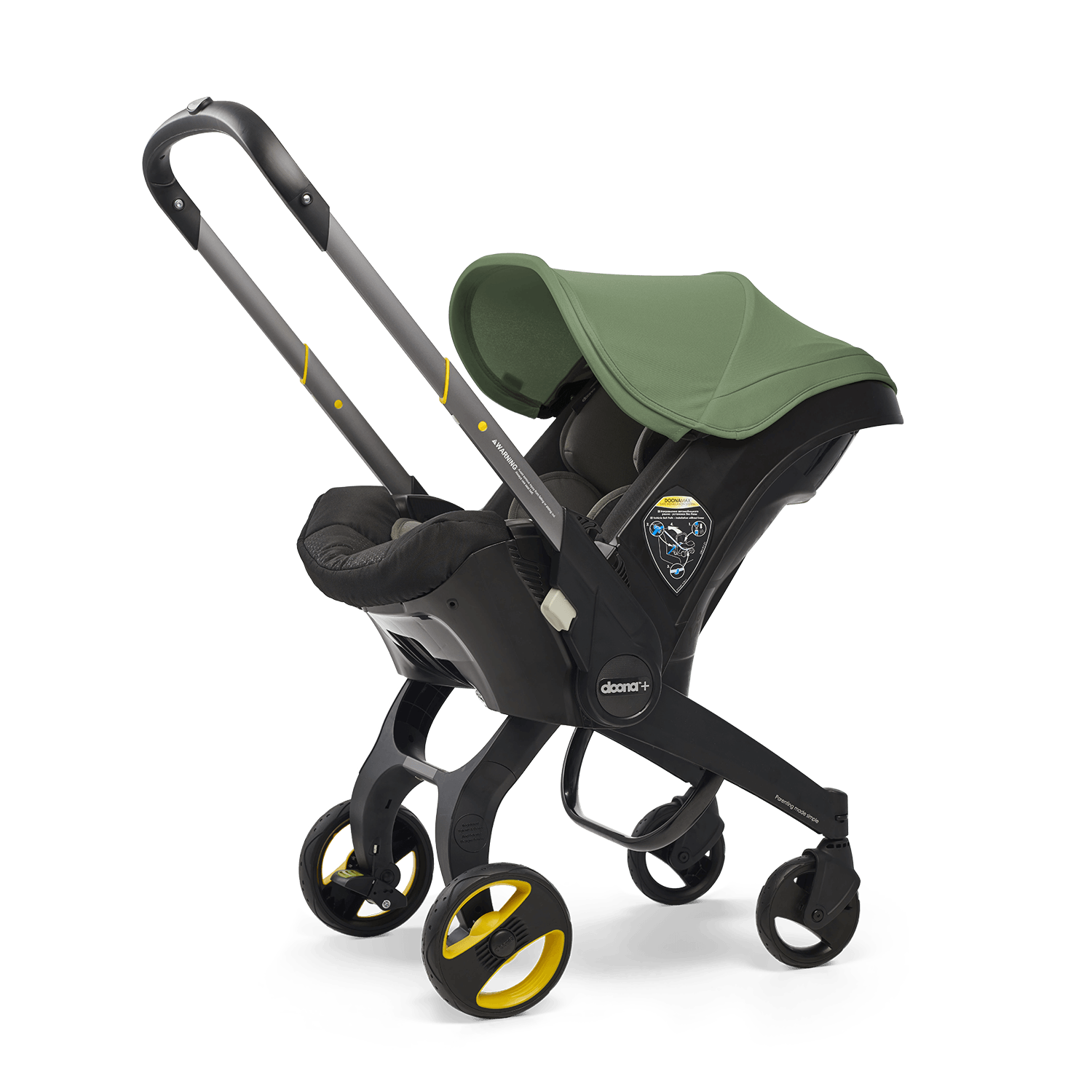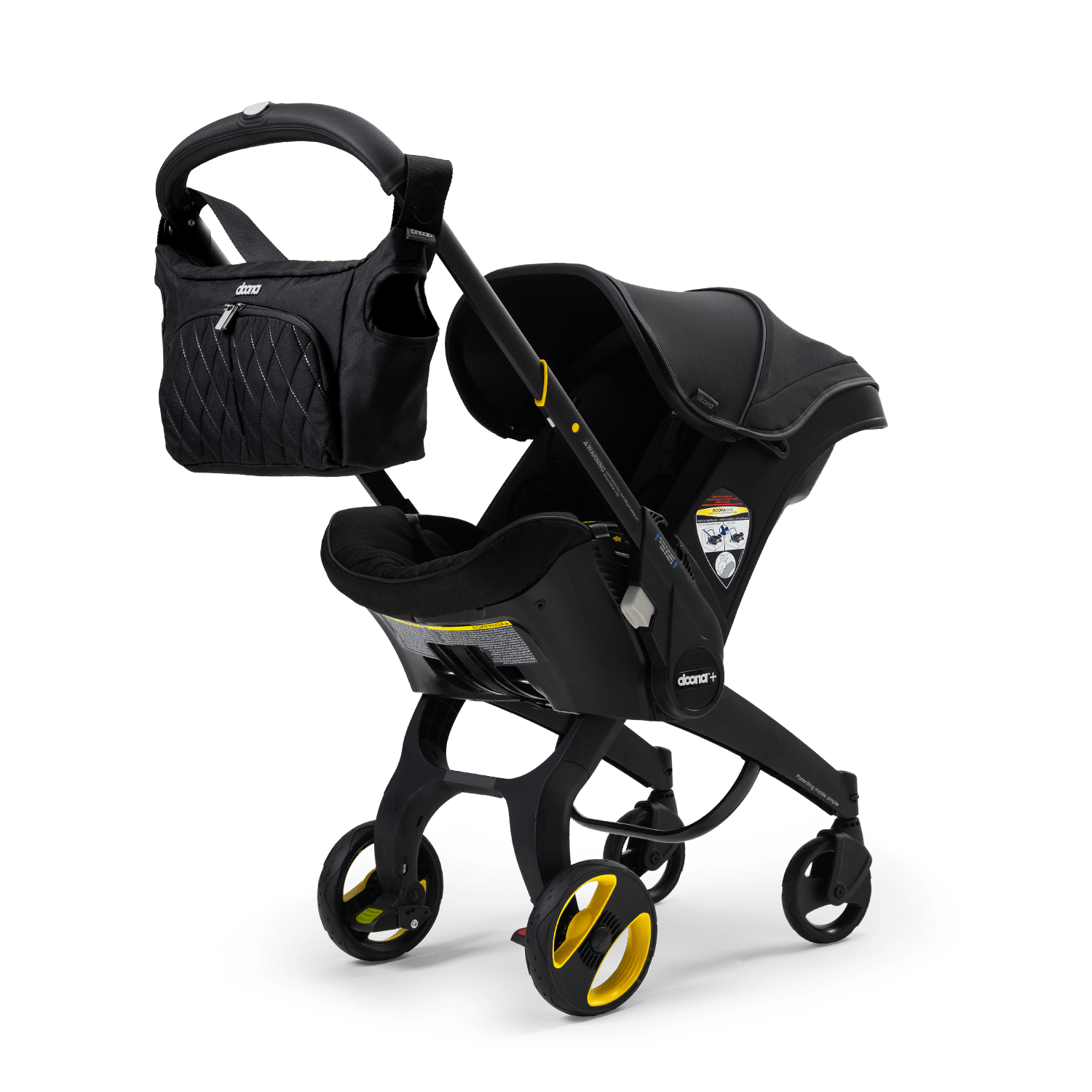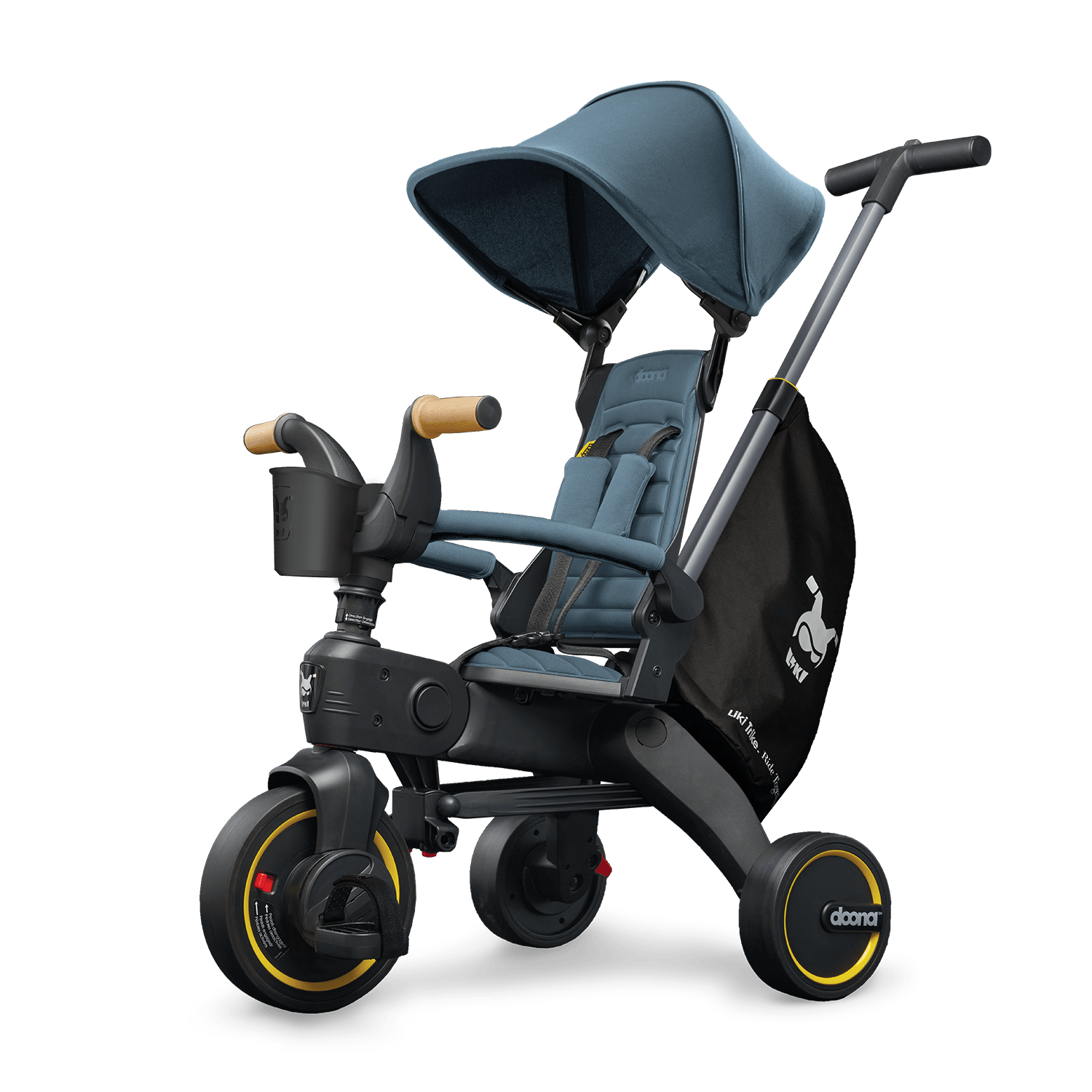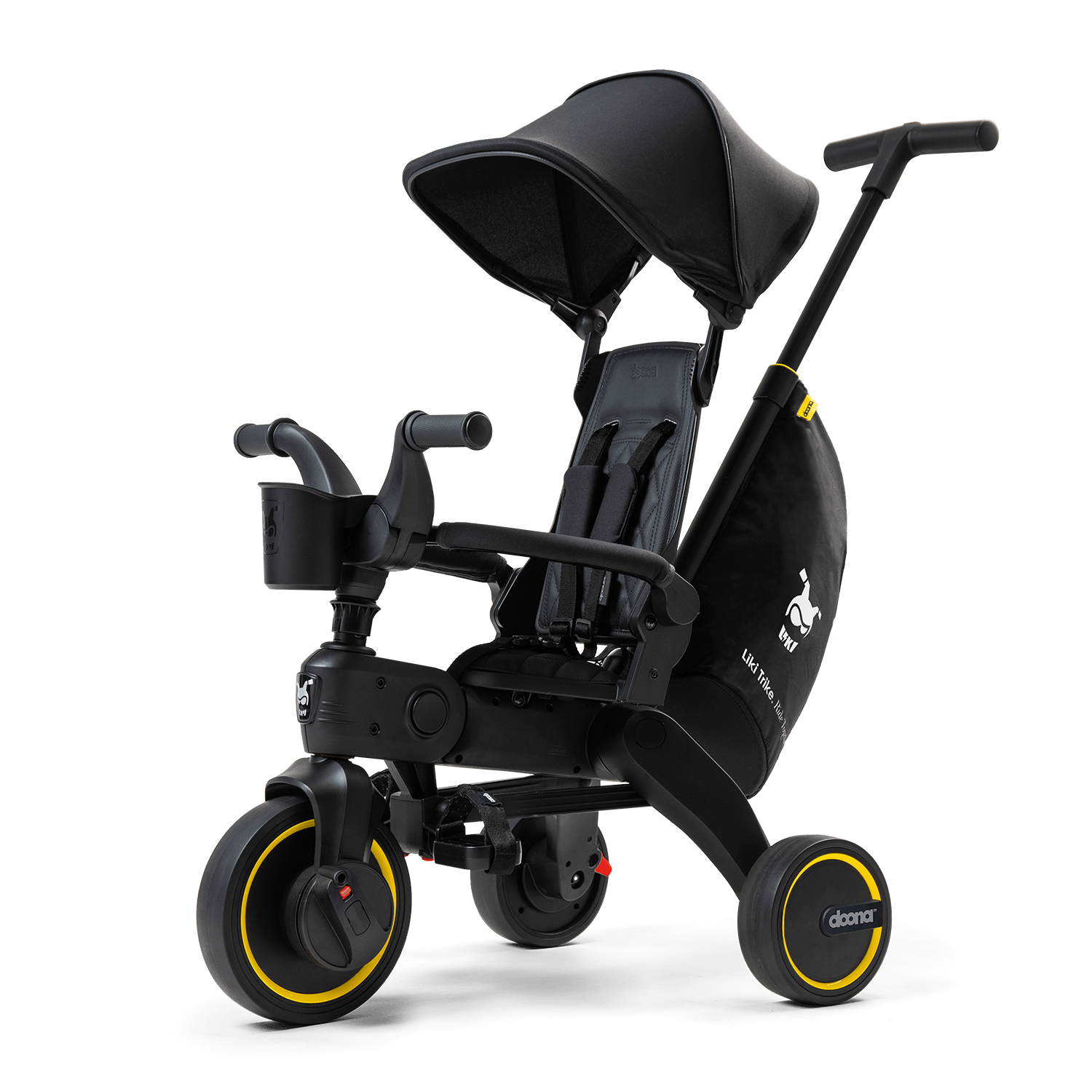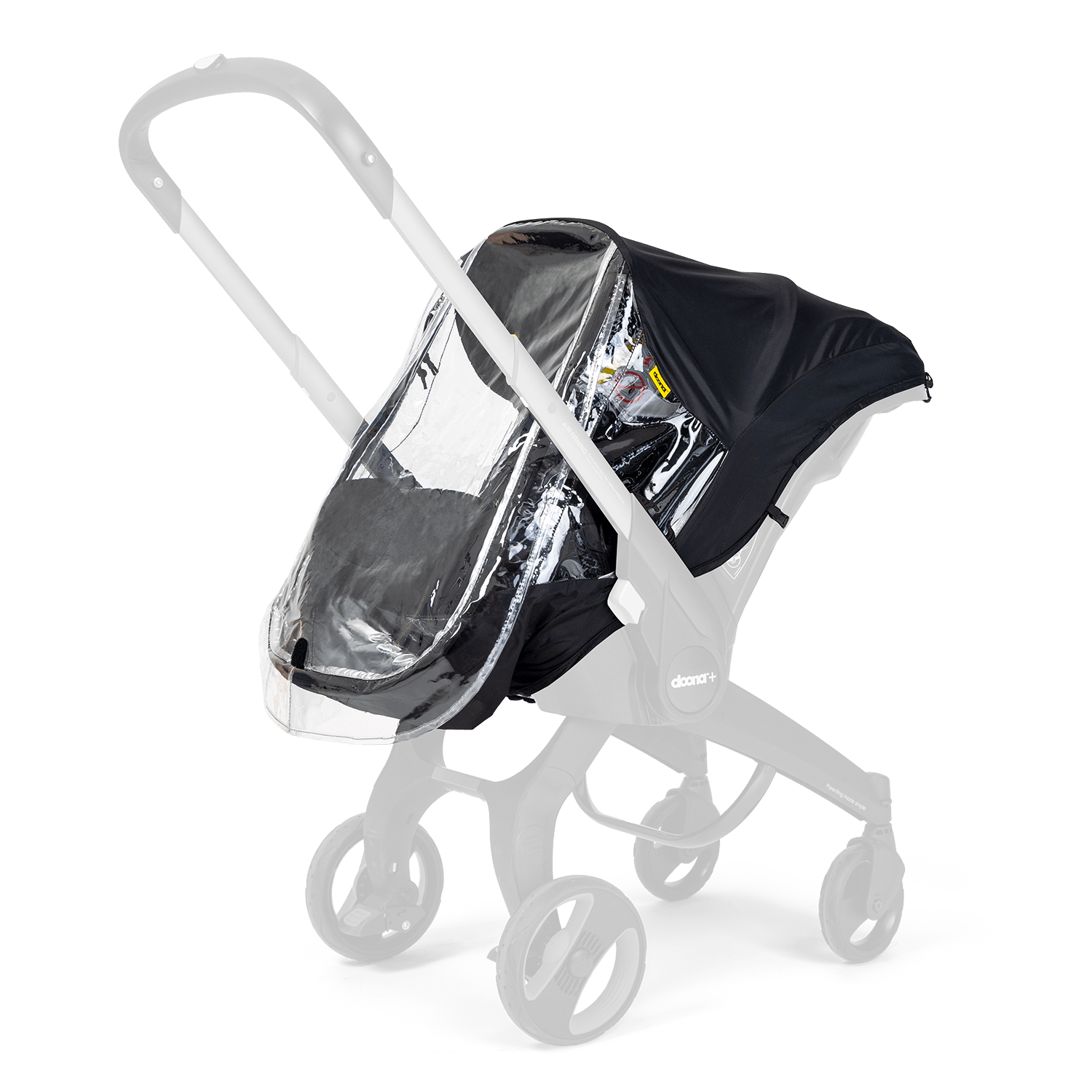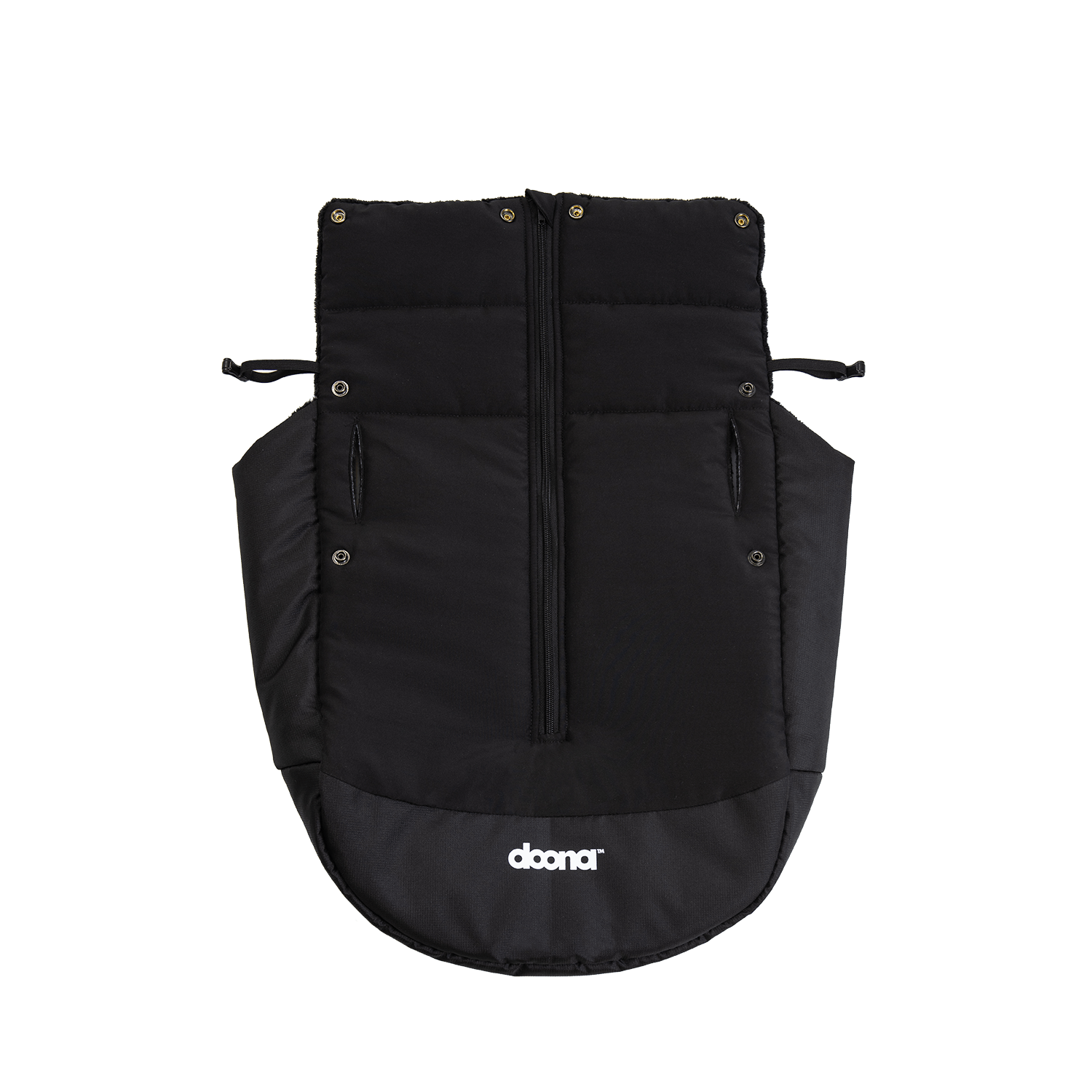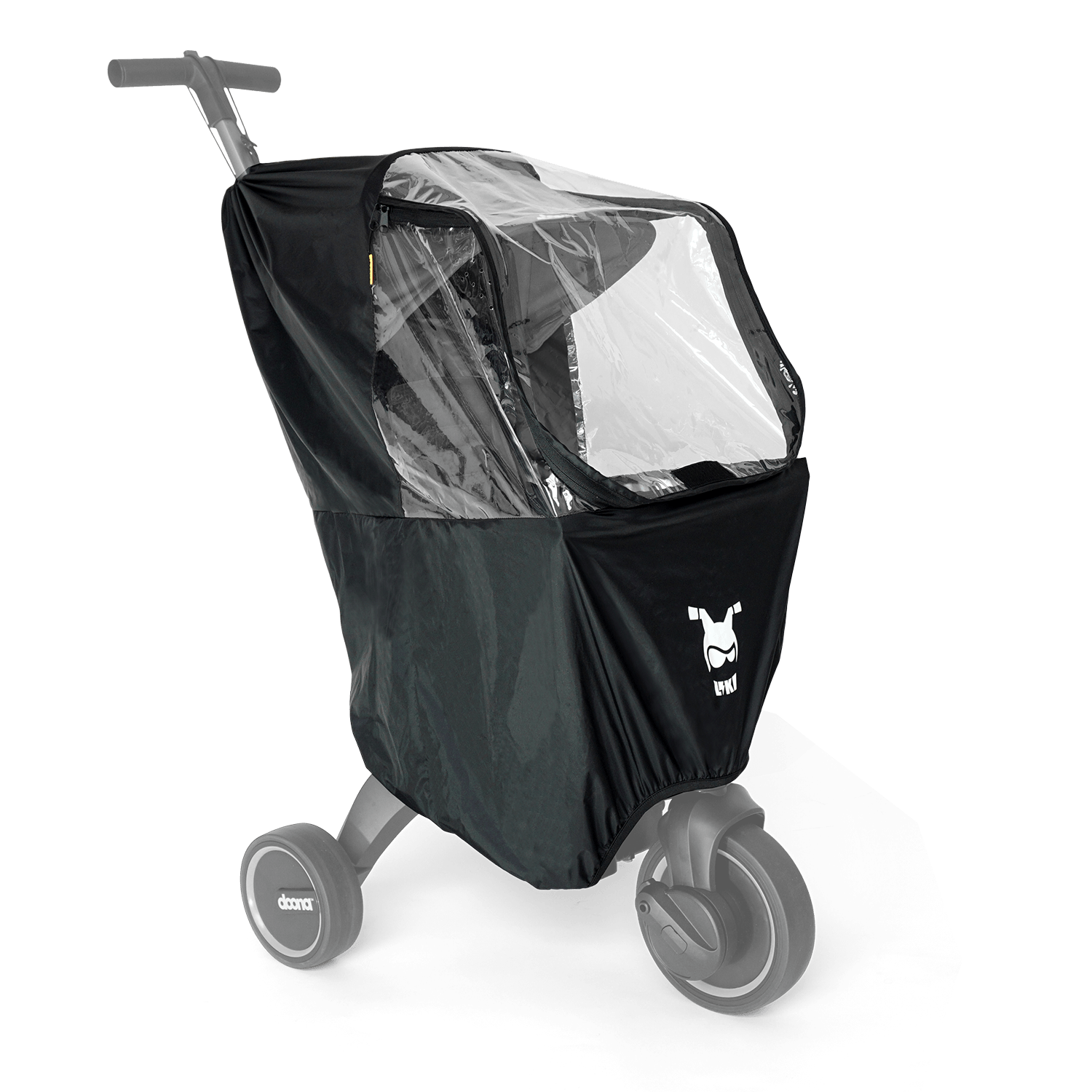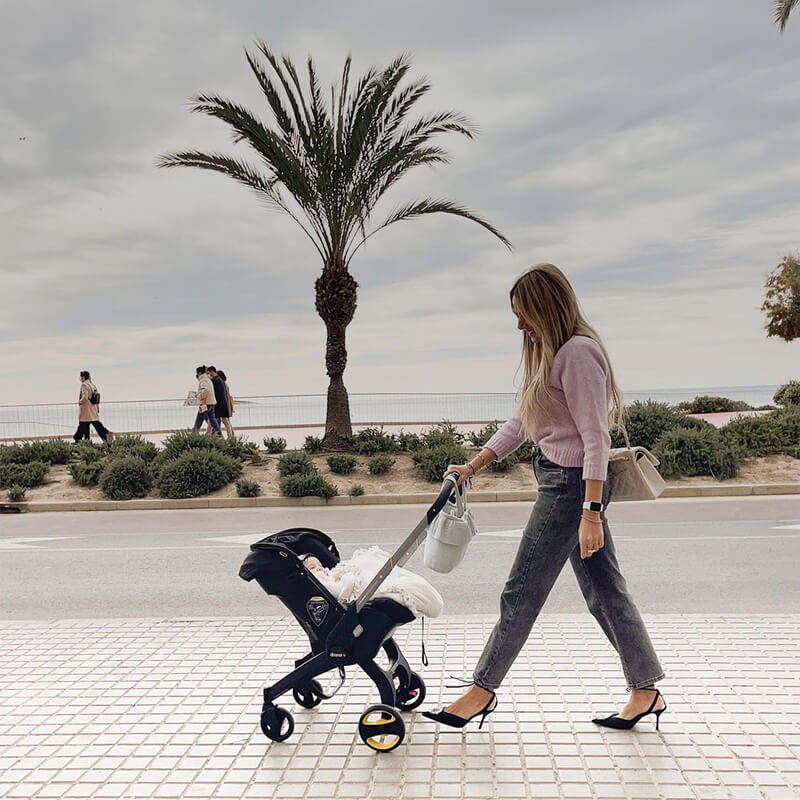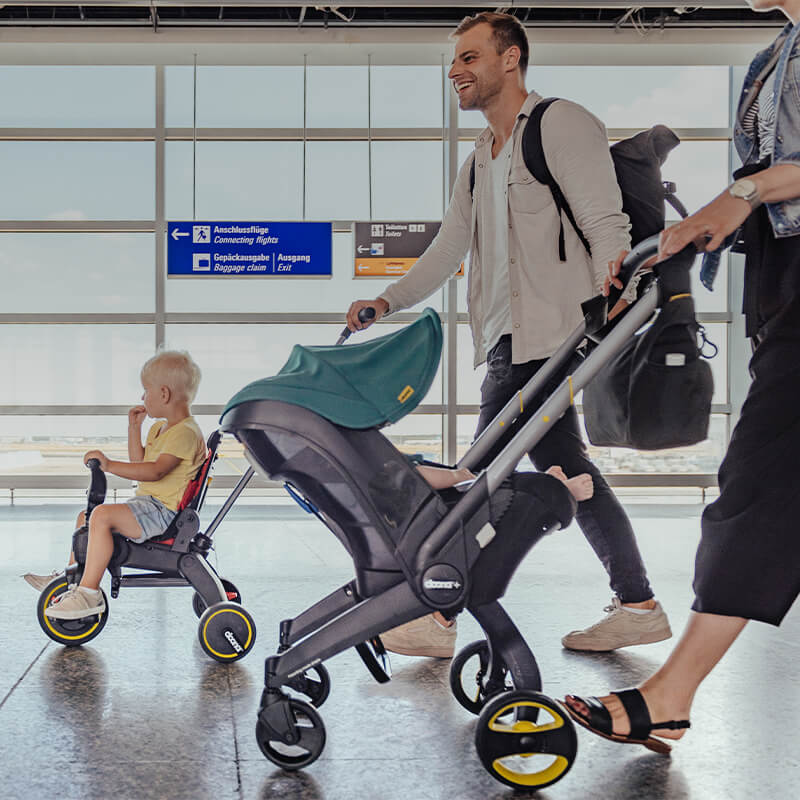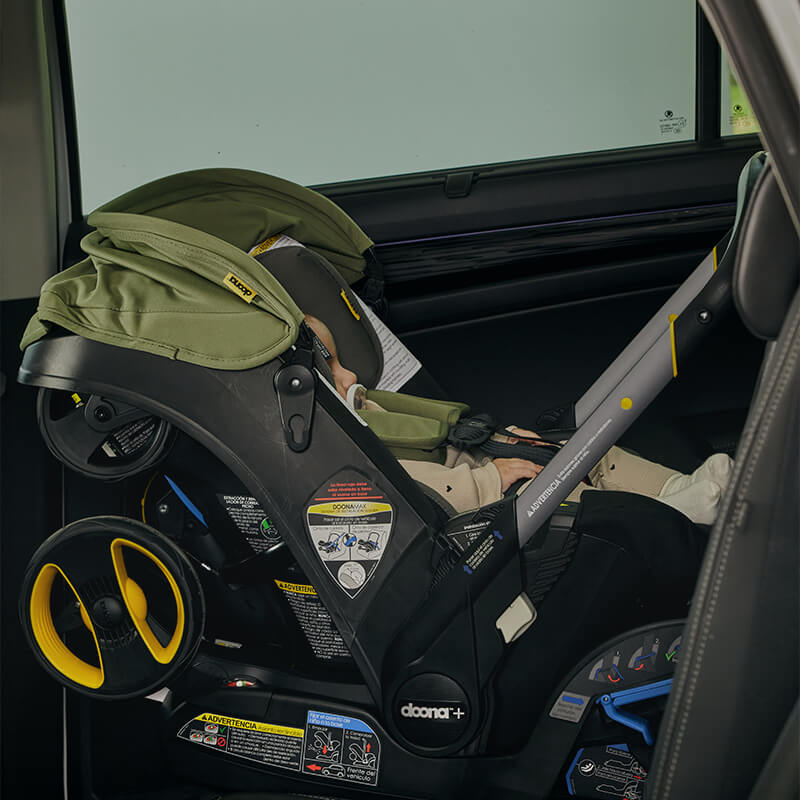How to prepare your child for preschool
Entering preschool is a significant milestone for your toddler, and an exciting chapter to look forward to. But learning how to behave in an environment with other kids all day can be difficult. To prepare your little one for this big change, it’s important to create a sense of familiarity and set realistic expectations for what’s to come. In order to support you through this process, we created a guide outlining the important skills your child needs for preschool and suggested tips to help make the transition a smooth one!
Important skills for starting preschool
Managing separation
One of the hardest parts about starting preschool is saying goodbye. Separating from parents and guardians can be really stressful for little ones who are used to spending time with you all day. To help your child with separation anxiety, we suggest fostering independence gradually in the months leading up to school. Drop them off at their friends house for playdates or have them stay with their grandparents for the day. This can help your child get used to being away from you for long periods, and develop the habit of saying goodbye while in comfortable settings.
Potty training
Potty training is one of the most important skills your toddler needs to develop when preparing for preschool. Keep in mind that many schools require it, therefore it’s best to plan ahead so you won’t have to rush the process. The most important thing is to give your toddler enough time to feel comfortable going to the bathroom, rather than wearing a diaper. To make it easy, be sure to check out our tips for potty training your toddler!
Independence
When in a classroom setting, it’s ideal if your child knows how to be self-reliant with basic skills like feeding themselves, dressing on their own, cleaning up toys, and performing simple tasks. Luckily, there are plenty of ways you can help your child adjust and thrive before their first day. Sing the cleanup song together as motivation for tidying their toys, or have a race to see how quickly they can put on shoes. In general, encouraging self-sufficiency early on can help your little one adjust to new environments more easily.
Communication
For their safety and well-being, children must be able to communicate their needs with classmates and teachers at school. More often than not, this simply has to do with how shy the child is, and whether or not they feel comfortable enough to speak up. This is why building self confidence in your child is especially important when preparing for preschool.
Encourage your little one to share their feelings at school and spark conversations with them to discuss specific scenarios so they know what to expect. For example, explain what to do when they have to go to the bathroom, how to behave when the teacher is speaking, how to ask for help, and generally give them the opportunity to prepare mentally. In general, developing healthy communication skills with your little one will set them up for success at school.
Understanding boundaries
Preschool will have rules that may be new to your toddler, so it’s important to go over certain boundaries with them beforehand. For instance, explain to them that pushing and hitting other children is not allowed. Give them specific ways to handle their emotions instead. If they feel upset, encourage them to use their words or ask the teacher for help. Learning about sharing and how to wait their turn to play with a toy is another common scenario to prepare them for. Outlining these specific examples and how to handle them can help your child manage their emotions more effectively in the classroom.
Helpful tips for a successful transition
Establish a morning routine
As a part of assisting your child on their journey towards independence, you can help them create routines that create a sense of comfort over time. One great way to start is by tailoring their morning routine to their future preschool schedule. Start with the basics together: finish brushing teeth, combing hair, getting dressed, and eating breakfast by a certain time. If your child is well-versed in the order of the morning, it will be easier for them to adapt to a more regimented schedule. The goal is to make the morning of the first day of preschool feel natural for both you and your little one.
Show them examples
Introducing your toddler to the concept of preschool ahead of time by reading books or watching shows that teach them about it can be incredibly helpful. Talk to them about what they can expect when going to school and address any questions they may have. Having these conversations will encourage your little one to communicate how they’re feeling so you can better accommodate their needs and ensure a smoother transition.
Visit the school ahead of time
Many schools offer the option to schedule a tour of the school in advance. If you’re able to, this opportunity could be a great way to show your toddler what to expect. Visit the playground, a classroom, the lunch area, and even meet with teachers and classmates. This will give your child a chance to take in the new environment and feel more comfortable with the change. Observe how they react so you can give them the tools they need to adjust with confidence on the first day.
At Doona, we’re always trying our very best to make parenting simpler for every family. Which is also why we’ve created our innovative and revolutionary Doona Car Seat & Stroller which transforms from a car seat to a stroller in the click of a button; and Liki Trike — the most compact folding toddler trike on the market that grows alongside toddlers with five modes of use.
